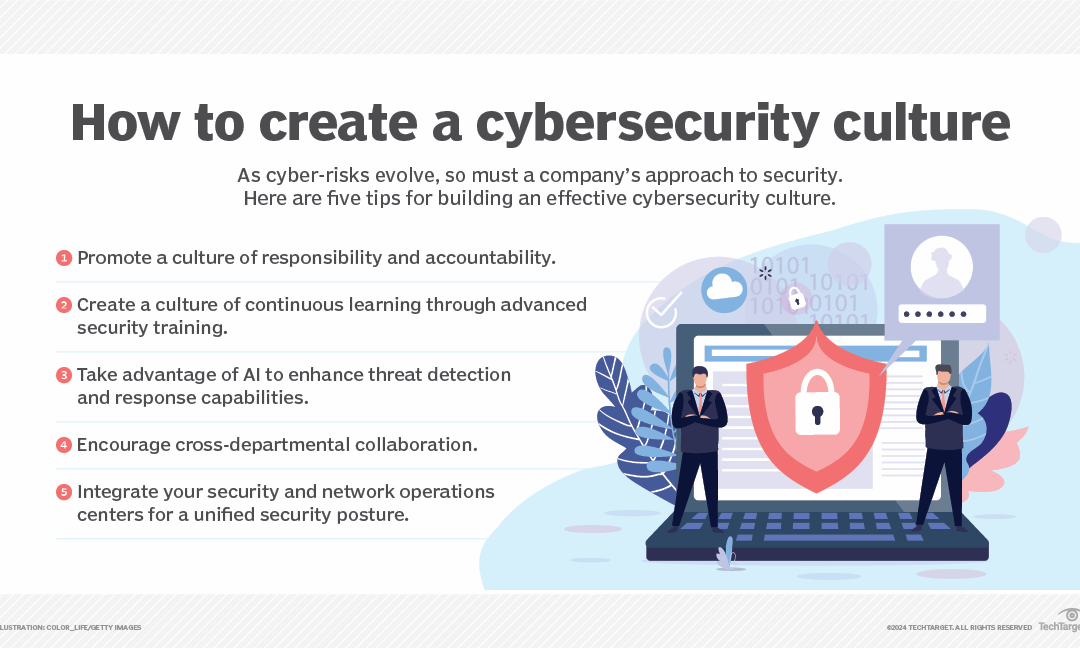Is your business Data still storing its server in the backroom of your office?If so, you're not alone—and you're also not fully...


Is your business Data still storing its server in the backroom of your office?If so, you're not alone—and you're also not fully...

Worried about being a target for phishing attacks? Protect your company today!

Understand the Holiday Season Cyber Threats The holiday season is a time for joy, celebration, and generosity. However, this...

Cybercriminals steal credit card? Cybercriminals have various methods at their disposal to hack and exploit credit card...

This in-depth cybersecurity planning guide provides information and advice to help organizations develop a successful strategy...
How Managed IT services work? In an era where technology underpins every aspect of a business, maintaining an efficient and secure IT infrastructure is paramount. However, not all companies have the resources or expertise to manage this in-house. This is where Managed IT Services come into play, providing a strategic approach to managing a company’s IT needs with the expertise of external specialists. Let’s delve into how Managed IT Services function to enhance business operations.

Unlimited IT Service & Support Solutions for Businesses in Southwestern Ontario. Our Comprehensive Support Packages.
Our assistance includes seamless migration during your company’s onboarding process. We also offer a free consultation before set up to better understand your IT and security needs. Our packages start from just $60 per user per month, delivering unmatched value.
The foundation of effective Managed IT Services lies in a thorough understanding of the client’s current IT setup and future needs. This stage involves:
With a strategy in place, the focus shifts to setting up and integrating the necessary IT infrastructure:
The core of Managed IT Services is the proactive approach to IT management:
Accessible and efficient support is vital to resolve any IT-related hurdles:
Transparency and continuous improvement are key components of Managed IT Services:
The dynamic nature of business today demands adaptable IT solutions:
Managed IT Services represent a strategic partnership, not just an outsourcing arrangement. By entrusting IT operations to experts, businesses can focus on core activities, assured that their IT infrastructure is in competent hands, primed for efficiency, security, and growth.
In today's rapidly evolving digital landscape, businesses face an unprecedented challenge: maximizing their IT team's...
Is your business Data still storing its server in the backroom of your office?If so, you're not alone—and you're also...
Worried about being a target for phishing attacks? Protect your company today!